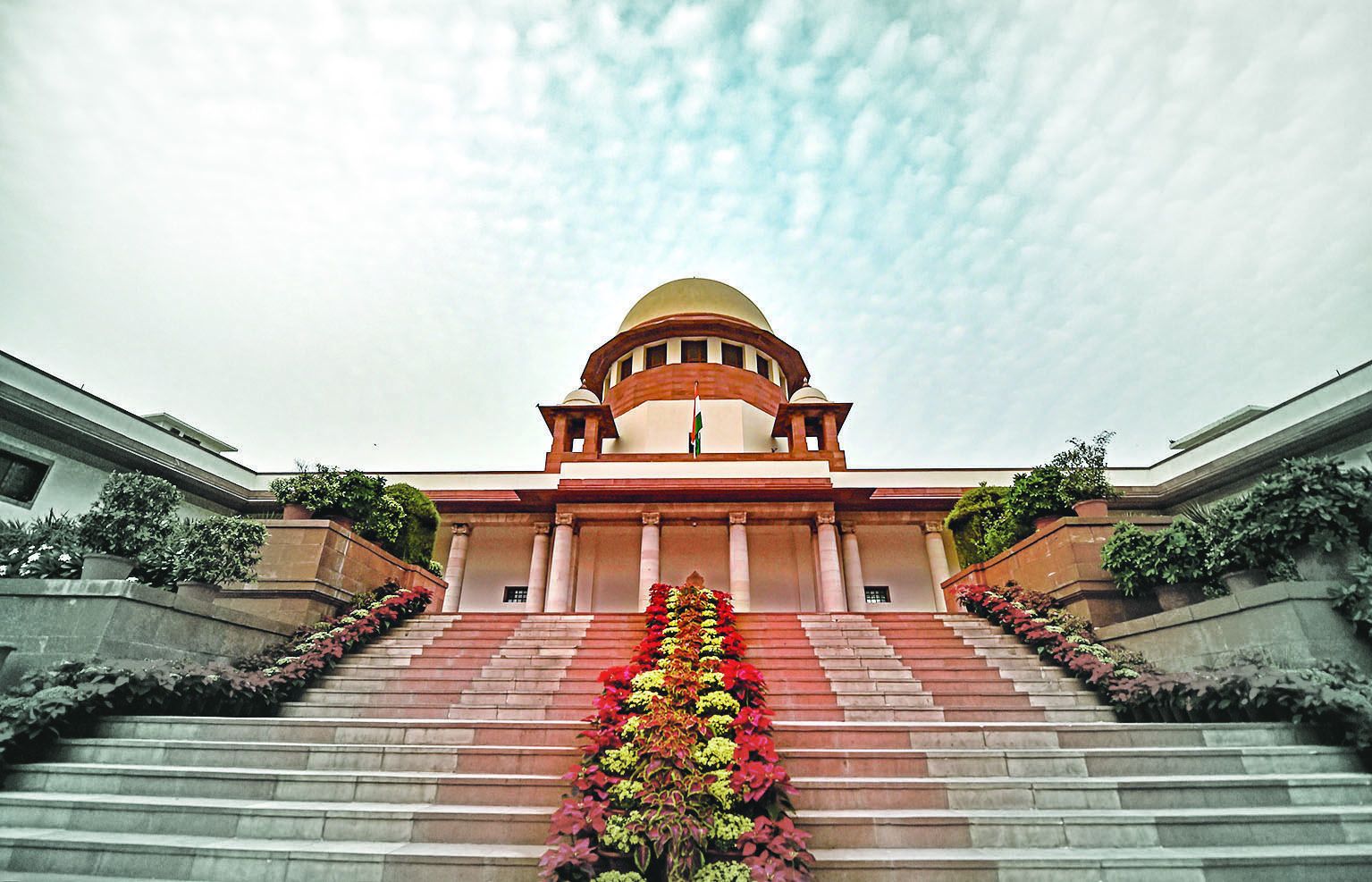Can’t say what Parliament did in emergency all nullity: Apex Court

New Delhi: The Supreme Court on Friday reserved its verdict on a series of pleas challenging the inclusion of the words “socialist” and “secular” in the Preamble of the Constitution through the 42nd Amendment during the Emergency period in 1976. The bench, comprising Chief Justice Sanjiv Khanna and Justice Sanjay Kumar, observed that the amendment has undergone significant judicial scrutiny and cannot be dismissed as a nullity.
“The 42nd amendment has been subjected to multiple judicial reviews. We cannot say that everything Parliament did during the Emergency was all nullity,” remarked Chief Justice Khanna during the proceedings. The bench noted that the amendment changed India’s description from a “sovereign, democratic republic” to a “sovereign, socialist, secular, democratic republic.”
The court is set to pronounce its decision on the issue on November 25.
Advocate Vishnu Shankar Jain, representing one of the petitioners, argued that the amendment was introduced without consulting the public and sought its reference to a larger bench. “When the Preamble comes with a cut-off date, how can new words be added later?” Jain contended, emphasizing that the terms enforced specific ideologies.
Addressing concerns over the term “socialist”, Justice Khanna clarified, “In India, socialism means a welfare state. It does not prevent the private sector from flourishing. The concept here is distinct from socialism in other countries.”
Former Rajya Sabha MP Subramanian Swamy, another petitioner, acknowledged that even the Janata Party government post-Emergency supported the inclusion of the terms.He added, “The issue here is only this much - whether we would make out that this should come as a separate paragraph because we cannot say that in 1949 these words were adopted. Therefore, the only issue that remains is, having accepted this, we can have a separate paragraph below the original paragraph.” The court also underscored that secularism has consistently been upheld as a fundamental feature of the Constitution. Referring to the landmark S R Bommai case of 1994, Chief Justice Khanna stated, “Secularism is part of the basic structure of our Constitution.” Advocate Ashwini Upadhyay, another petitioner, clarified he was not against the principles of socialism or secularism but opposed their retrospective insertion. He argued, “The amendment was not ratified by states, raising questions about its legitimacy.”
The bench reiterated that Article 368 grants Parliament the power to amend the Constitution, including the Preamble, emphasising that the Preamble is integral to the Constitution.



